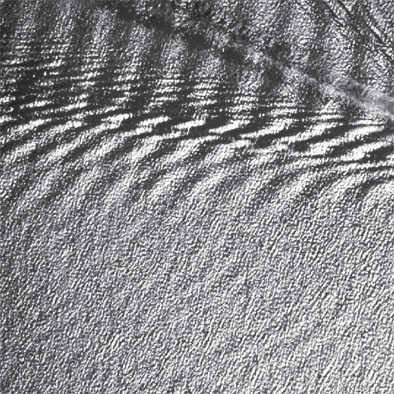Marielle V. Jakobsons, "Glass Canyon"
 I absolutely loved Jakobsons' last solo album (Darwinsbitch's Ore), but her many collaborative releases since then have varied quite a bit in both style and quality.  Recently, however, she has been on a definite hot streak, as both Myrmyr's Fire Star and the Espvall/Jakobsons/Szelag album were pretty amazing.  Glass Canyon does not quite keep that impressive momentum going, but there are enough flashes of inspiration to make it an intermittently satisfying effort nonetheless.
I absolutely loved Jakobsons' last solo album (Darwinsbitch's Ore), but her many collaborative releases since then have varied quite a bit in both style and quality.  Recently, however, she has been on a definite hot streak, as both Myrmyr's Fire Star and the Espvall/Jakobsons/Szelag album were pretty amazing.  Glass Canyon does not quite keep that impressive momentum going, but there are enough flashes of inspiration to make it an intermittently satisfying effort nonetheless.
In characteristic fashion, this album marks the beginning of yet another new direction for Marielle: prominent use of synthesizers.  Unfortunately, I cannot help but find that exasperating, as synths are very much in vogue these days and their ubiquity is definitely wearing on me.  I am not some sort of crazed Luddite or anything, but a considerable part of Jakobsons' appeal for me was due to her organic intensity in a field so rife with laptops, synths, and artificiality.  As a result, Glass Canyon is quite a bit less distinctive than most of Marielle's other efforts.  Also, some of the more aberrant pieces just seem jarringly out of place: "Dusty Trails" sounds like burbling, candy-colored neo-krautrock and "Crystal Orchard" resembles a Futurist Aaron Copland (not a compliment).  It is hard to comprehend how they wound up sharing an album with something as slow-burning and menacing as "Shale Hollows," which is probably the album's finest sustained piece.
Fortunately, several of the album's other dark pieces are quite good too.  In particular, I loved the moment in "Albite Breath" when the thick, quavering synths give way to a mournful violin coda.  It is probably among the most moving passages in Jakobsons' entire oeuvre, actually.  A few great songs do not quite salvage the album though–Glass Canyon is ultimately too uneven and too simple to burrow very deeply into my psyche.  Part of that may be by design, as Marielle deliberately set out to make a stripped-down album in order to focus on the textural contrast between violin and synthesizer, but I do not think that she allowed that impulse a sufficient gestation period: too many of these songs are lean on strong melody and place too much faith in the appeal of buzzing, throbbing, and oscillating.
Normally, I would describe this sort of album as "a transitional effort," but Marielle's whole career has essentially been one unending transition and it is entirely possible that her next release will bear no resemblance to this at all.  I suppose occasional misfires are an inevitable occupational hazard that comes with constant reinvention and restless evolution.Although I suspect much of my disappointment may be due to my unrealistically high expectations and my subjective bias against analog synth textures, I think I can safely say that this does not rank among Jakobsons' best work.  Existing fans will no doubt enjoy a few pieces, but the merely curious should go elsewhere.
Samples:
 



